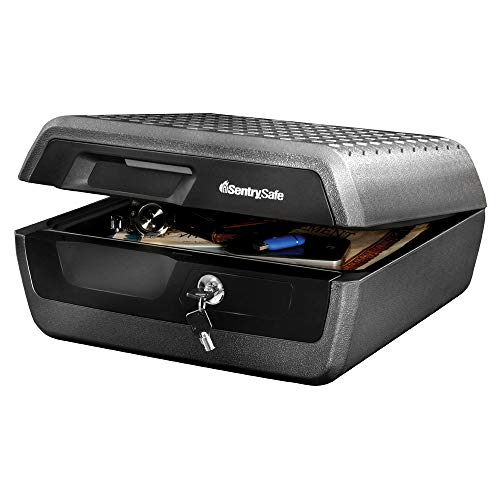6 mistakes you're making at home that are making you a prime target for identity theft – and what to do instead
Keeping safe doesn't stop at a good lock, these experts warn


When we think about home security, we usually think about a good door lock, camera and an alarm. However, there are several smaller details from how we trash out mail to dealing with old credit cards that pose a threat to our safety at home.
Security experts warn that identity theft often starts at home, and is an issue that affects millions of people each year, leading to financial loss and credit damage.
Here, our pros break down the six mistakes you're making at home that are making you a prime target for identity theft and reveal the best security measures to have.
Home mistakes that make you a target for identity theft
While small details like adding privacy to your home might not seem like much, tackling them correctly is one of the best – and easiest – home security tips experts have to offer.
1. Tossing out mail without shredding

Organizing your mail should go beyond when you bring it into the house. How you get rid of old mail – especially sensitive mail such as bills and medical documents – can have an impact on your home security. It is why mail is one of the many things you should never store in an entryway.
Seth Geftic, cybersecurity expert and VP of product marketing at Huntress Labs explains, ‘It's surprisingly easy for thieves to collect personal information from discarded mail – old bills, credit card offers, even innocuous-looking bank statements. Without shredding, this information can give bad actors a clear path to accounts and ID details.
‘A home shredder or a quick tear-up of sensitive mail can go a long way. If you really wanted to cover your basis, you could also dispose of different parts of the torn-up paper in different bins. The same can be said about credit cards.’
Design expertise in your inbox – from inspiring decorating ideas and beautiful celebrity homes to practical gardening advice and shopping round-ups.
All prices correct at time of publication.
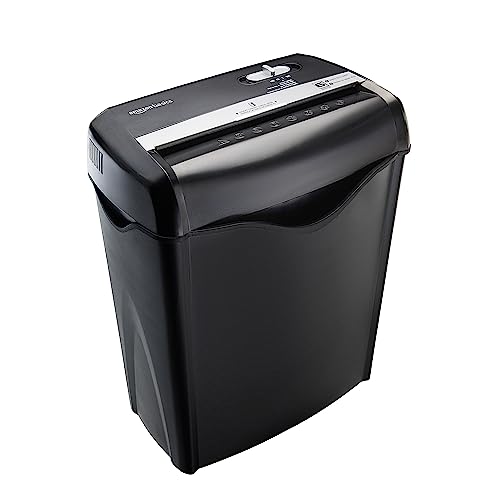
Working on both paper and credit cards, this standing shredder is a great addition to any home security system and means you can shred your mail with ease and confidence.
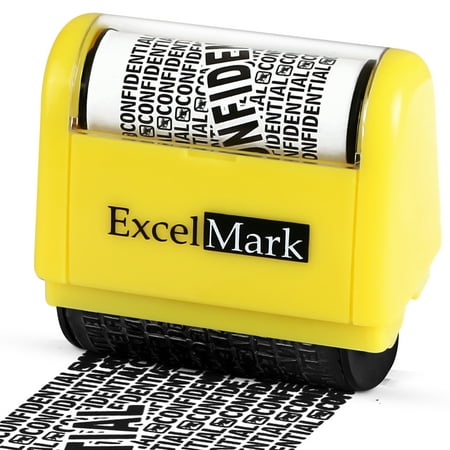
If you don't have space for a shredder, this handheld anonymizing stamp is a great addition to your entryway drawers to help you quickly blackout personal info before tearing up and trashing sensitive mail.
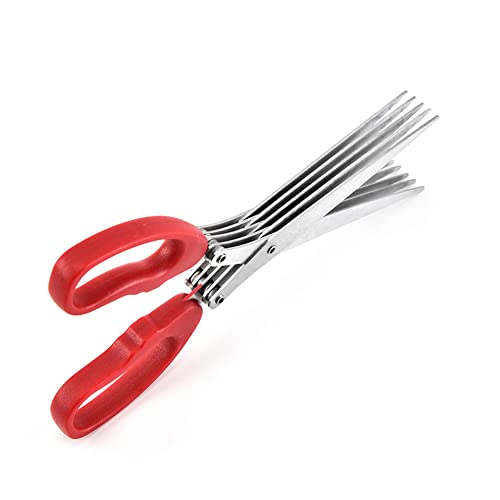
For a super simple low-tech option, a pair of shredder scissors is a great bet. Simple chop up your paperwork as you recycle for an instant security boost. It also takes up minimal space in your home compared to a full shredder.
2. Not securing your home WiFi
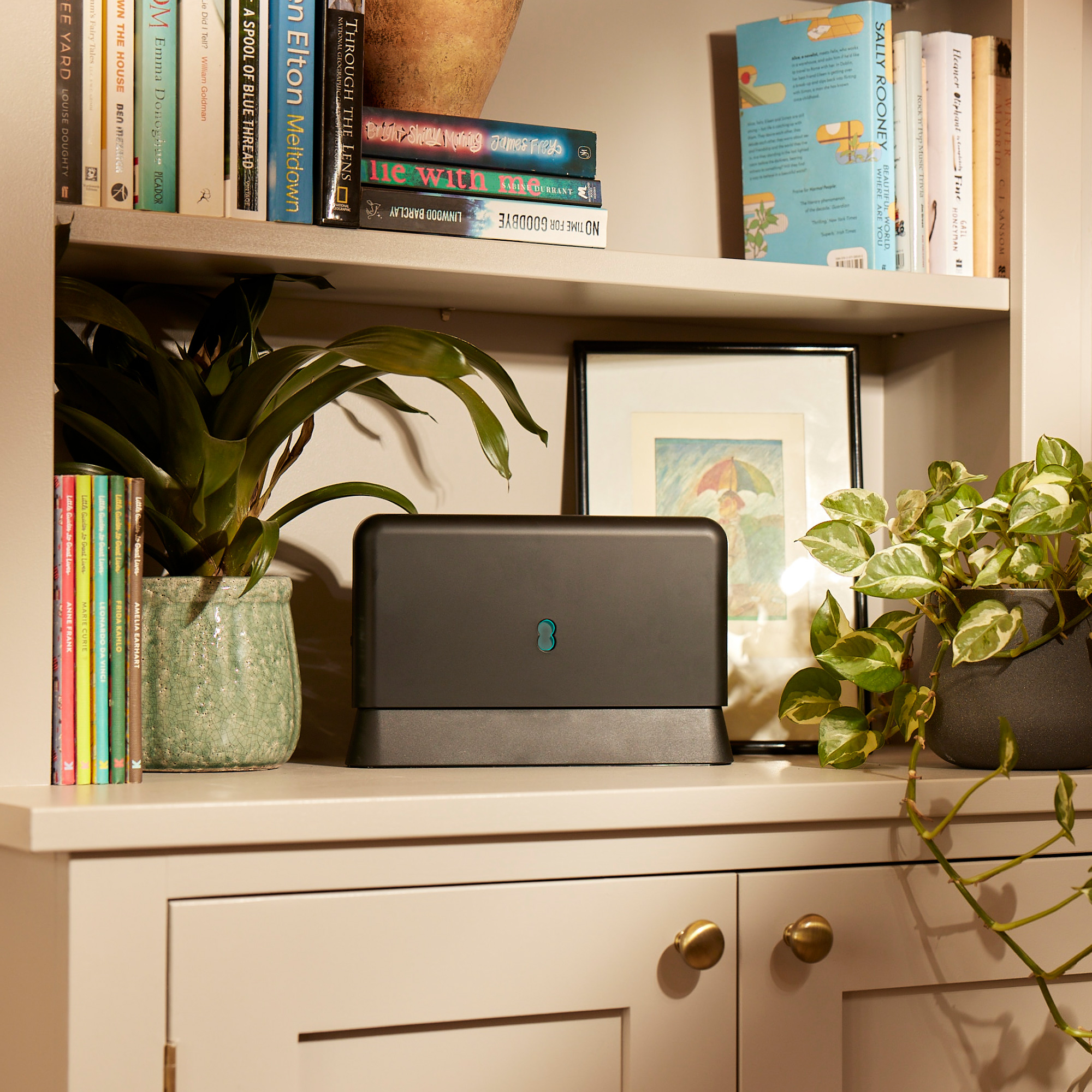
When we get new WiFi installed, our first concern is usually the worst places for your WiFi router. However, Joe Warnimont, security and technical expert at HostingAdvice warns that we should be thinking out the password first instead.
He says, ‘In terms of keeping your WiFi and overall home network secure, I mainly see mistakes that allow the average hacker to infiltrate your network without much work. It all starts when someone buys a router and sticks to the defaults.
'Default network names often reveal details about your router model, making it easier to hack. In addition, network names with personal details make it easier to guess your password or determine your location.
‘You should always change the default network name to something that’s not connected to your location or personal information (like your school or last name).’
3. Leaving personal information unsecured

You should never underestimate the importance of having a good quality safe in your home to keep personal documents locked away – especially when securing a home without a security system.
Paige Schaffer, CEO of Iris, an identity and cyber protection platform, urges that we secure everything important in a fireproof, waterproof safe. ‘This includes your family’s passports, credit cards, birth certificates, financial statements, and tax filings.’ she says. ‘If you have sensitive information stored on your laptop or computer, make sure to encrypt or password-protect the files and folders containing the sensitive data.’
Seth Geftic, a cyber security expert, adds that this treatment should extend to your passwords, too.
‘Writing down passwords or storing them in plain text on a home computer is a big mistake,' Seth explains. 'In many cases, visitors, repair personnel, or even kids playing on the computer can too easily access sensitive information.
'Using a password manager can keep credentials encrypted and out of reach from prying eyes, there’s so many free options out there now, I’d recommend 1Password or Last Pass.’
4. Not having mail forwarded when you’re out of town
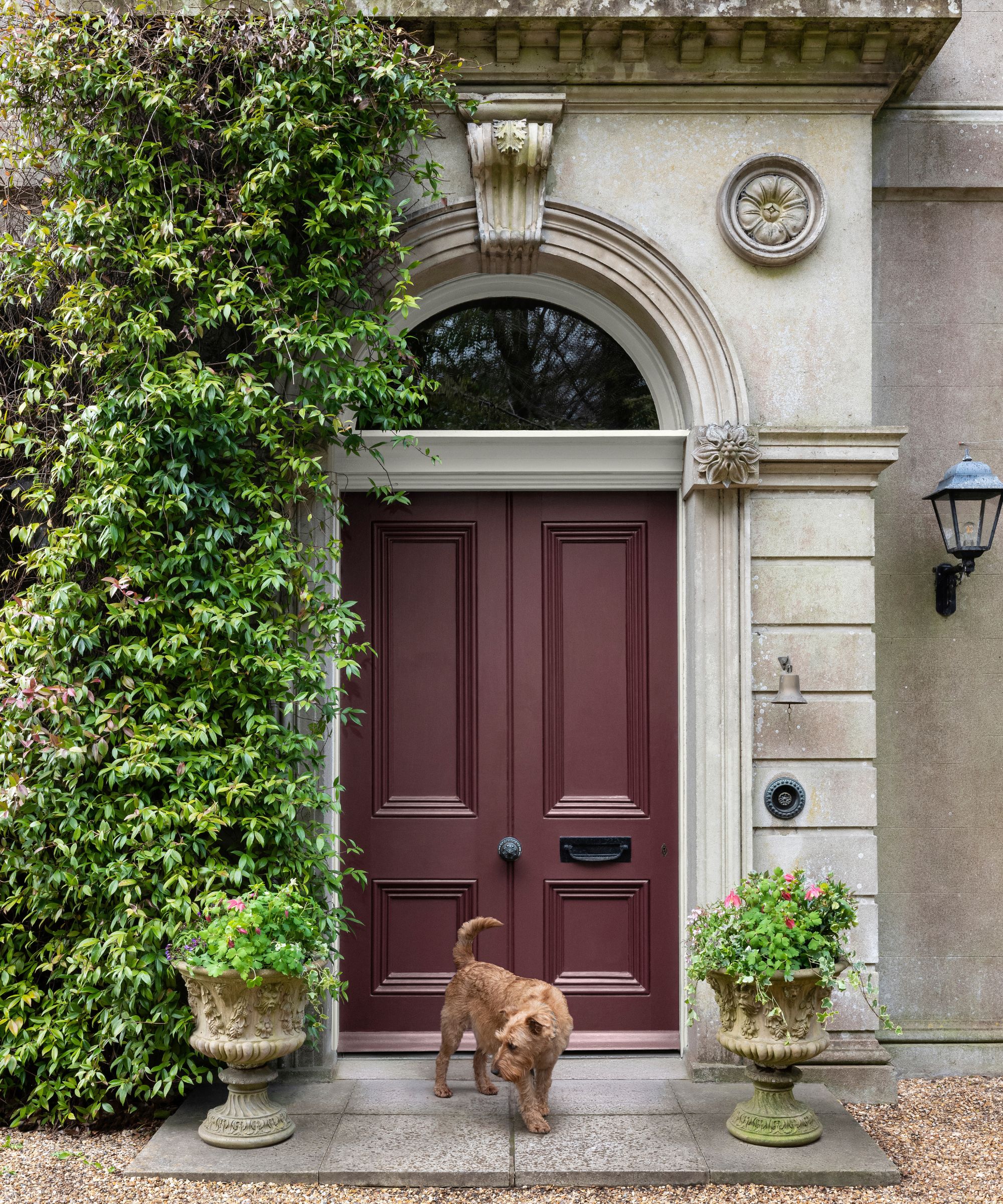
When organizing your home before going on vacation for an extended period or moving home, arranging for your mail to be forwarded should be at the top of your priority lists, Paige Schaffer, CEO of Iris suggests.
She says, ‘If you go on an extended vacation or move out of the house while it’s undergoing renovations, have your mail forwarded, or ask a friend to pick it up and check on your home periodically. You should also visit your property frequently to ensure there aren’t any squatters or suspicious activity happening in your home.’
Keeping on top of your incoming mail while away stops two things. Firstly, it prevents a build-up of mail signaling that your property is empty and an ‘easy’ target. Secondly, it prevents ‘porch pirates’ from swiping mail with personal information.
5. Not updating home security systems
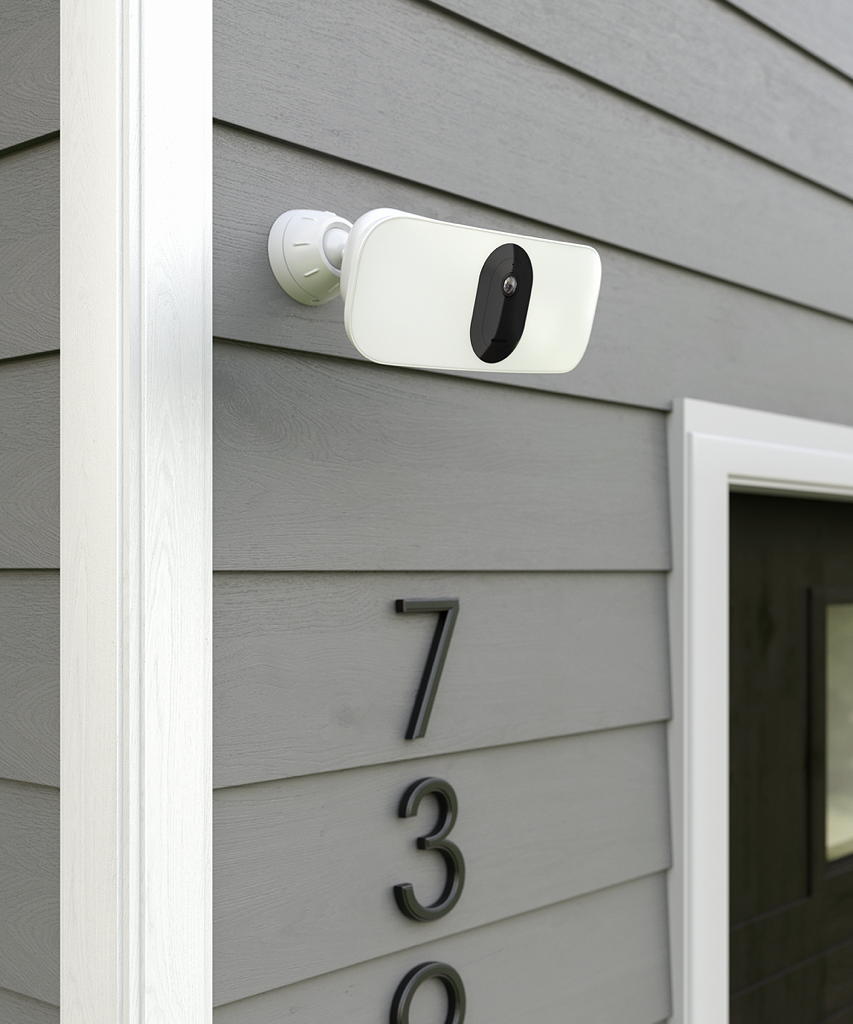
Having the best home security system is one thing, but keeping it up-to-date and secure is another.
Jeff Ketelaars, co-founder at Security Guards Only warns us that, ‘It's important to remember to keep home security cameras secure. Weak passwords or outdated software can leave cameras vulnerable to hackers, who may access live feeds to learn your routines and spot valuables. Regular updates and strong passwords help keep your cameras secure.’
Pairing a good home security system, such as the Ring 14-piece Security Kit from Amazon (rated H&G's best overall security system) with good garden security lighting will enhance your home and personal security further.
6. Giving information to door-to-door salespeople

While most door-to-door salespeople are only trying to make a living, there are some opportunistic individuals that run scams.
Erik G Schneider, senior investigator and owner at Executive Investigation And Consulting warns, ‘Canvassers and fake salespeople sometimes ask questions that seem harmless – like confirming your name or asking about household members – but this information can be pieced together with other data to compromise your identity. They may even ask about schedules such as work hours, which can also be a safety risk.’
Stacking these anti-identity theft measures with your regular home security is the best way to keep your household safe and prevent burglary – both of your physical belongings and your social information.

Chiana has been at Homes & Gardens for two years and is our resident 'queen' of non-toxic living. She spends most of her time producing content for the Solved section of the website, helping readers get the most out of their homes through clever decluttering, cleaning, and tidying tips. She was named one of Fixr's top home improvement journalists in 2024.
